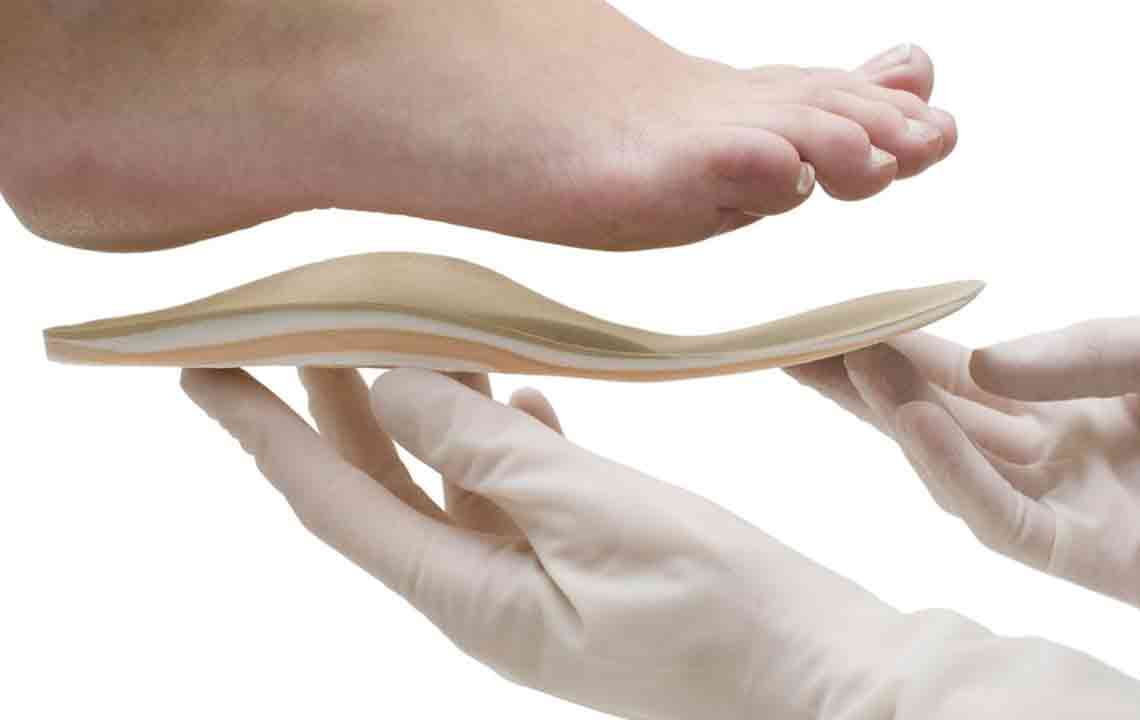Top Strategies for Selecting an Expert Podiatrist Nearby
Discover practical tips for locating a trusted local podiatrist. From seeking referrals and verifying credentials to evaluating experience and staff friendliness, these strategies help ensure you find the right foot specialist. Proper selection is key to effective treatment and recovery for foot and ankle issues. The article emphasizes the importance of checking qualifications, industry memberships, and accessibility, providing a comprehensive guide for patients seeking expert podiatric care nearby.

Top Strategies for Selecting an Expert Podiatrist Nearby
Podiatrists are specialists who diagnose and treat issues related to the foot, ankle, and lower leg. They may be licensed physicians or surgeons, depending on their training and certifications. If you experience foot or ankle health concerns, consulting a podiatrist is essential for proper care and effective treatment.
Seek Recommendations
Asking friends or family members for referrals can be a helpful starting point. Personal recommendations often lead to trusted professionals who have delivered good results. Knowing someone who has already visited the specialist increases confidence in their expertise and treatment quality.
Once you have identified potential professionals, schedule an initial consultation to gather more information.
Verify Qualifications
Ensure the podiatrist is properly trained and licensed. They should have completed undergraduate studies, followed by four years of podiatric medical school to obtain a DPM degree. Some may pursue additional fellowship training in specialties like sports medicine, dermatology, or wound care. Certification from reputable certifying bodies and state licensing are vital indicators of their competence.
Review Work Experience
Check the doctor’s track record through available online profiles. Confirm that there are no malpractice issues and that their work aligns with current standards. A thorough work history helps assess their expertise and reliability.
Prepare Questions
During your consultation, ask about their experience with similar cases, available facilities like on-site X-ray, treatment options, hospital requirements, and potential side effects. Clarify their emergency availability and insurance coverage to ensure comprehensive care.
Industry Affiliations and Contributions
Memberships with reputable health organizations and industry publications demonstrate a commitment to ongoing education and credibility. Such affiliations often signal a higher standard of care and trustworthiness.
Assess Staff and Accessibility
Observe how the staff interacts with patients, their responsiveness, and the ease of scheduling appointments—including after-hours or emergency visits. A friendly, professional team enhances the overall experience and peace of mind.










